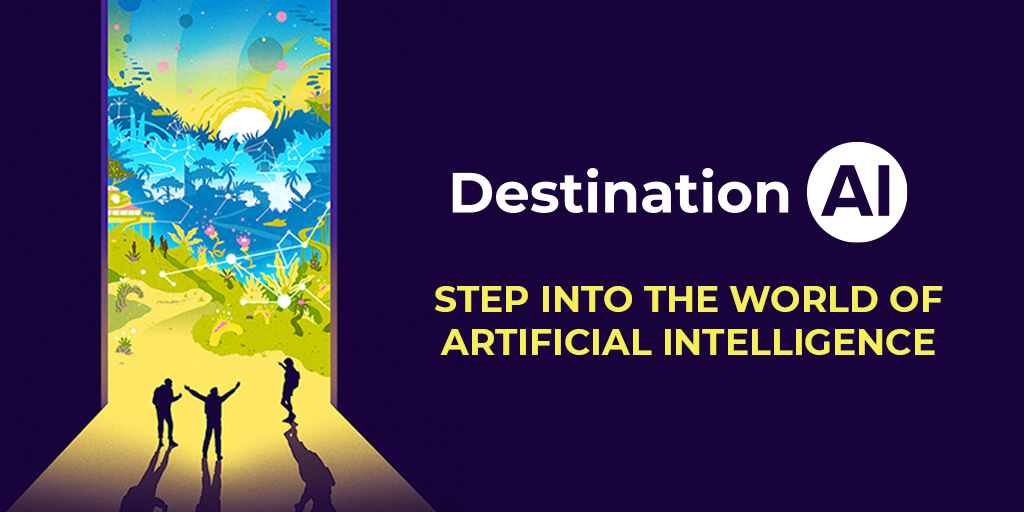What do Facebook, Spotify, Netflix and your smartphone camera have in common? They all work using some sort of Artificial Intelligence!
Artificial Intelligence is now a part of our everyday lives. When you’re scrolling through your news feed on social media sites, what you see has been chosen by AI. When Netflix and music streaming sites make suggestions, what they select is based on an AI analysis of the films, series and songs you’ve already listened to. When you’re in a restaurant and take a photo of your food to show your friends, your camera will automatically adjust its settings in order to give you the best shot possible… all thanks to AI.
These are just a few examples of how AI isn’t just robots and autonomous vehicles, as some people may still think. This technology is everywhere – in our daily lives, in our businesses and in our jobs. And it’s only just getting started! What was once a niche scientific field is now a societal issue that everyone should take an interest in.
But despite this now widespread presence, AI is still often seen as a somewhat mysterious, specialist subject. It’s all around us and yet seemingly nowhere at all, since we rarely notice it in action. Which means that most of us don’t really understand how it works.
And as with anything that’s misunderstood, it can tend to cause a certain level of fear and worry.
Could AI that knows my preferences, tastes and personal data somehow turn against me? Could it sell my data or use it illegally? Could it manipulate me somehow? Is there a limit to the power AI can hold? Will we be able to keep it under control in the future? What are the ethical implications linked to this sort of technology? What should we deem as acceptable and what should be banned? Is there appropriate legislation in place?
The best way to combat these kinds of doubts is to learn more about what AI is.
Where and how is it used, and why? How does the technology work? How do algorithms work? What are the benefits? What are the risks involved in incorrect usage? How can we minimise these risks, protect ourselves from mishandlings and ensure our data is secure?
Institut Montaigne, a non-profit, independent think tank, and online education platform OpenClassrooms wanted to put minds at ease and provide answers to these questions. That’s why they’ve created Understanding AI, a course aimed at anyone who’s curious about how Artificial Intelligence works and what the issues surrounding it are. Its aim is to help people understand the role of AI in our lives; what’s at stake for citizens, governments and businesses; and how it may evolve in the future.
The course will allow people to discover both the risks it poses to society and the benefits it can bring. It also includes a case study exercise that will help students develop a clearer understanding of how AI works in practice.
Understanding AI was created by Artificial Intelligence specialists with experience in making scientific knowledge more accessible. It’s therefore suitable for anyone who wants to learn more about the topic and has no scientific or educational prerequisites. If you’re as fascinated by this subject as we are, click below and join us for a deep dive into all things AI:






